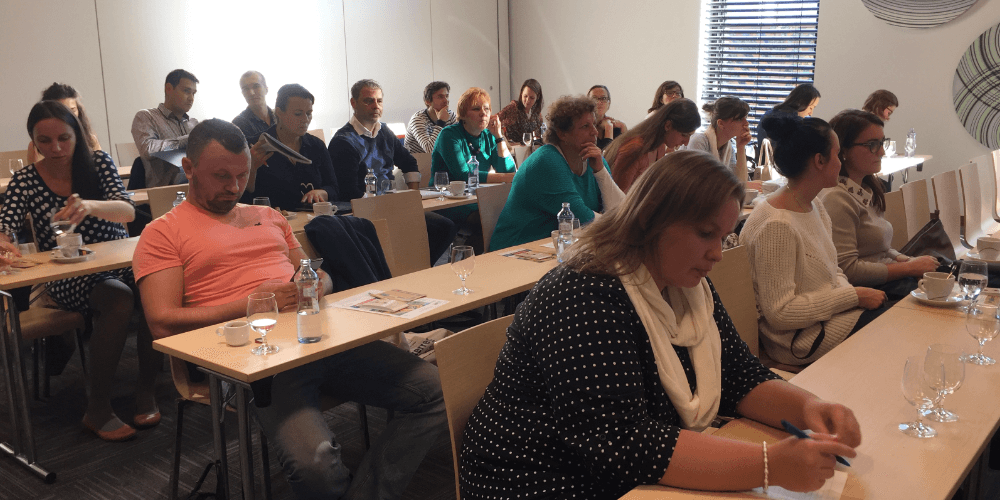The Roma – Untapped Potential in the Labor Market
Although employing the marginalized Roma is a difficult process, it is not impossible. Look at the recommendations published by Business Leaders Forum
In the current situation in Slovakia, employers prefer hiring people from abroad, even though the Slovak labor market still has a lot of untapped potential in the form of people from marginalized Roma communities. Although it is often difficult to hire them, and companies can be afraid to do so, it is still very much possible. Embraco, where Roma workers make up 10% of all employees, is a good example that it can be done.
There are several companies in Slovakia that have a lot of experience in this area. In cooperation with experts from the public, private, and non-profit sectors, Business Leaders Forum has created a new addition to its series of recommendations, this time focusing on how to employ people from marginalized Roma communities.
Download the recommendations and attachments
Ask for external help
Internal communication plays an incredibly important role if you want to employ people from marginalized Roma communities. Both future Roma employees and your current employees need to prepare for the change. An important step is to overcome the prejudice that is often felt by existing employees. “How many people from the majority are open to employing Roma workers? How many people are free from prejudice? This is something you need to find out if you want to make any progress,” says Jozef Daniel, External Relations Manager at Bekaert.
Organizations that work with Roma people directly, for instance community centers, can be of great help. Some of the most active community centers are operated by People in Need Slovakia and ETP Slovakia, and they can be found in Sveržov, Petrovany, Stará Ľubovňa, Veľká Ida, and Plavecký štvrtok. They provide a wide range of services and assistance in employing people from marginalized Roma communities. The services that they offer include counseling meetings and a variety of educational activities.
“The mayor knows your job candidate even better than the labor office. Since municipalities operate national programs dedicated to outreach social work and community development, they employ several specialists in these areas.,” explains Vladimír Ledecký, Mayor of Spišský Hrhov. His village is one of the best examples of municipal social enterprises, which help hard-to-employ groups become more attractive for employers. “Social enterprises have a set ratio of disadvantaged and regular employees, which cannot be exceeded. Therefore, their key focus is cooperation with regular employers who could provide their clients with standard employment,” says Zuzana Poláčková, an expert on employment and social inclusion. Her words confirm how important it is for companies to cooperate with social enterprises.
∗∗∗
These Recommendations are an output of the Pro Bono Action-Oriented Forum: Employing the Marginalized Roma, which took place on 26 October 2017 in Košice and aimed to provide tailor-made solutions for specific companies.
Event partner








